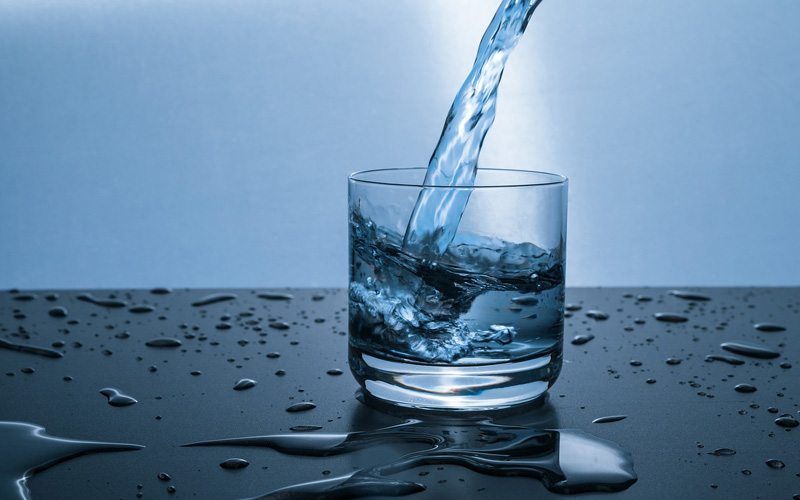Hot summer days are a good time for everyone to be thinking about staying hydrated. For older adults the topic of hydration is a year-round discussion that never goes away. It’s a serious issue for most seniors but doesn’t get resolved because it needs to be addressed every day and can’t be solved with a pill.
Seniors have a very high risk for dehydration, which is one of the most frequent causes of hospitalization after the age 65. They have a greater risk of dehydration for many reasons, including the facts that as we age, our kidneys become less efficient at conserving fluids, our sense of thirst weakens, and we are less able to adjust to changes in temperature. Some medications like diuretics, sedatives, and laxatives can also cause increased fluid loss.
Dehydration can cause temporary symptoms that mimic symptoms of Alzheimer’s. If dementia-like symptoms seem to appear suddenly, it could be dehydration which is easily curable.
 Symptoms of dehydration range from minor to severe and include: persistent fatigue, muscle weakness, headaches, dizziness, nausea, forgetfulness, confusion, lethargy, increased heart rate, sunken eyes, dry mouth, dark colored urine. Urine should be clear to pale yellow. I tell my clients that if their urine is darker than pale yellow, they should head straight to the kitchen from the bathroom and drink a full glass of water. Keeping a glass of water beside you all day to sip on rarely results in someone drinking enough fluids. It’s more effective to drink the entire glass, even if it’s a small glass. Seniors can’t rely on their sense of thirst to tell them when to drink water. Scheduling a glass at each meal and/or after a bathroom visit, making sure to drink the full glass, is the best way to make sure you’ve gotten your full daily amount.
Symptoms of dehydration range from minor to severe and include: persistent fatigue, muscle weakness, headaches, dizziness, nausea, forgetfulness, confusion, lethargy, increased heart rate, sunken eyes, dry mouth, dark colored urine. Urine should be clear to pale yellow. I tell my clients that if their urine is darker than pale yellow, they should head straight to the kitchen from the bathroom and drink a full glass of water. Keeping a glass of water beside you all day to sip on rarely results in someone drinking enough fluids. It’s more effective to drink the entire glass, even if it’s a small glass. Seniors can’t rely on their sense of thirst to tell them when to drink water. Scheduling a glass at each meal and/or after a bathroom visit, making sure to drink the full glass, is the best way to make sure you’ve gotten your full daily amount.

